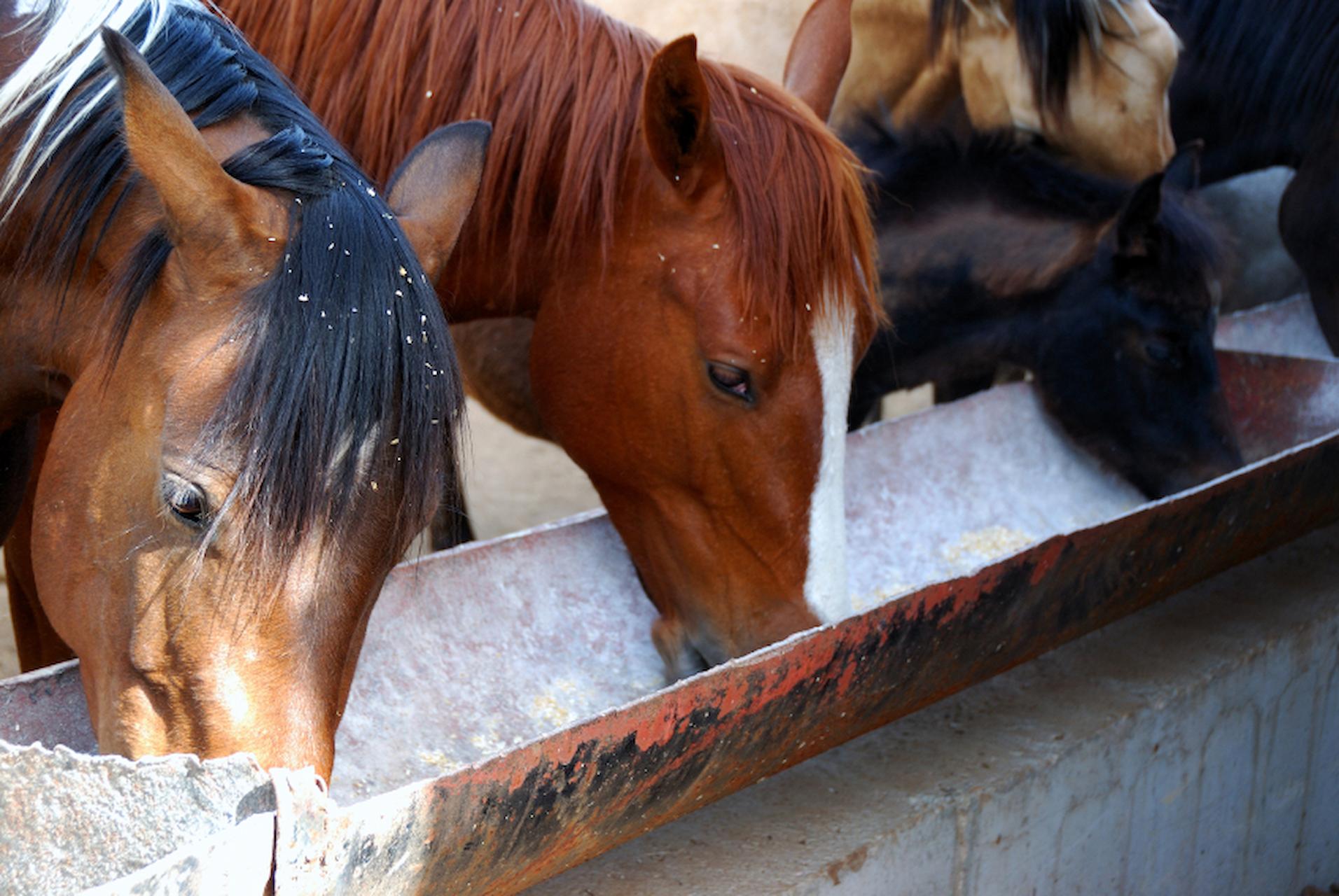Oats have become synonymous with trendy health food sources, vegan supplements in hot beverages and, of course, breakfast time. Products such as oat milk have really taken off in recent years, with brands like Oatley leading the way. We’re all well accustomed to the idea of eating oats for breakfast and porridge has become a staple food source for many wishing to start the day right. We all know that oats have their benefits as a healthy food options, but the oat plant itself has been used in horse feed for just as long as we have been consuming it. But, unlike in the oats you might find in your cereal bowl, horse feed often uses other parts of the oat plant. These include the husks, known as oat feed, and the straw.
Benefits of Feeding Your Horse Oats
Oats truly do demonstrate how the whole of the plant can be used to provide food, feed, and fuel sustainably. Oats are relatively high in fibre, with the highest fibre content out of all the grains, when they have the husk on, making them a highly digestible form of starch that doesn’t require heat treatment or processing. Oats are highly palatable for horses, so are a good choice of feed for enticing fussy horses to eat, or for horses being introduced to hard feed after previously living only on pasture or hay.
Oats are also the lowest in sugar and starch out of all the grains, so they are less likely to cause insulin spikes, blood sugar fluctuations, or behavioural issues related to hindgut. Oats are also high in vitamin B, the mineral phosphorus as well as being a good source of protein. Oats also contain a source of beta-glucan, which has been said to have numerous health benefits for horses. It has been known to lower insulin resistance and reduces blood sugar fluctuations, slowing the rate of passage of hard feed through the GI system to allow greater enzymatic digestion of starch in the small intestine of your horse.
Is The Demand For Oats Positive?
Whether it is for horse or human consumption, there are multifaceted benefits associated with the increasing demand for oat intake.
With the demand for oats increasing year on year, there are many factors worthy of consideration. Increased demands naturally require more farmers growing them, which in turn increases the yearly profit for those who work within the industry. Typically, oats were grown primarily in the North and West of England and Scotland. This is due to these areas having more rainfall, and oats requiring higher levels of rainfall than other cereal crops. Now, we are seeing an expansion of oat farming, such as Glebe Farm in Cambridgeshire who produces the popular PureOaty brand products. Along with the benefit of providing more work, they also indicate a culture change. More and more individuals are moving away from dairy based products and choosing oats instead, which has been said to have a positive impact on the environment.





